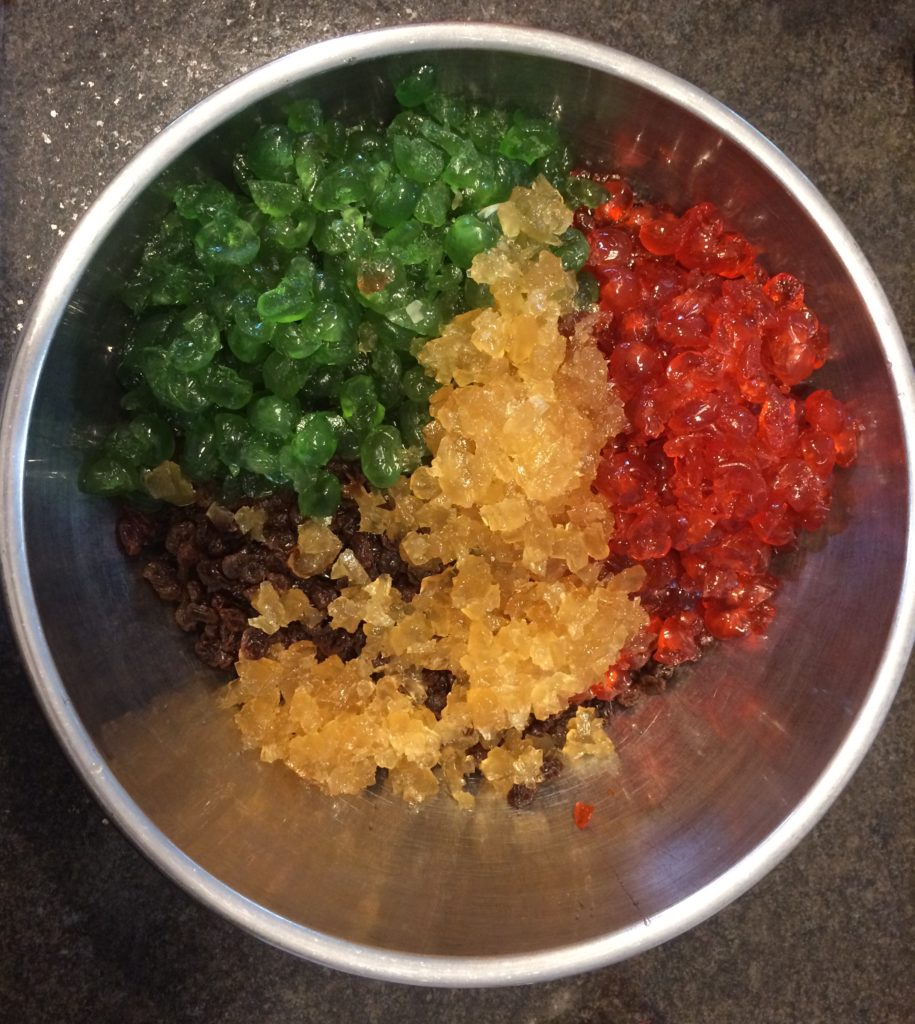Artificial and Non-caloric Sweeteners
Over-consumption of high-fructose corn syrup, primarily in the form of soft-drinks and processed foods, contributes to high blood pressure, high blood sugar, and high tryglycerides (form of cholesterol), obesity, insulin resistance, metabolic syndrome, microbiome change, leaky gut, liver inflammation, fibrosis, fatty liver disease and liver cancer. A high sugar diet additionally contributes to inflammation in the hippocampus of the brain which affects spatial processing, long term memory and regulating emotional responses.
On the backdrop this sugar crazed society, we are time and time again swayed by marketing and the food industry that the sweetener alternatives are safe and healthy. It isn’t true.
Although consumption of calorie-free beverages with sweeteners keep blood sugar stable in the short term, it appears to be a slippery slope to long term chronic disease. Sweeteners change the composition of the gut microbiome, are associated with increased caloric consumption and weight gain. All this can lead to fatty liver disease, diabetes, cardiovascular disease and glucose intolerance. It’s a mirror of the list of health concerns triggered by a high sugar, high processed food diet.
An increase in calorie-free sweeteners in beverages rose by 36% from 2007-2018. There are synthetic sweeteners (acesulfame K, aspartame, cyclamate, saccharin, neotame, advantame, and sucralose), natural sweeteners (NSs; thaumatin, steviol glucosides, monellin, neohesperidin dihydrochalcone, and glycyrrhizin), monk fruit, stevia, and nutritive sweeteners (polyols or sugar alcohols).
Aspartame
A recent study of more than 100,000 people published in the British Medical Journal showed an link between artificial sweetener and heart disease and stroke. It is the Phenylacetylglutamine (PAG) by-products of the gut microbiome implicated in cardiovascular disease. And pharmaceutical companies blame the gut microbes and want to get rich by creating drugs to alter PAG development when diet and taking care of our microbiome could be the prominent prevention.
Sweeteners change the composition of the gut microbiome, are associated with increased caloric consumption, weight gain, weakened immunity, fatty liver disease, diabetes, cardiovascular disease and glucose intolerance.
Dr. Laura M. Brown, ND
Polyols: non-absorbed sugars ending in –ol: sorbitol, mannitol, xylitol, maltitol, erythritol, hydrogenated starch hydrolysates (sometimes listed as maltitol syrup, hydrogenated glucose syrup, polyglycitol, polyglucitol, or simply HSH), isomalt, and lactitol. Polyols or sugar alcohols are derived from processing their sugar or syrup sources. Found naturally in apples, apricots, lychee, nashi pears, nectarines, peaches, pears, plums, cauliflower, mushrooms, snow peas, and isomalt. They are ∼25–100% as sweet as sugar and do not seem to promote tooth decay, but when consumed outside of their natural food environment they do affect our microbiome and contribute to long term chronic disease.
When sugars are refined, extracted and concentrated from natural foods, they are stripped of their natural fibre. Anytime a sweet substance is stripped of its natural fibre and condensed, it’s a problem. Bottom line, when you eat vegetables, fruit and unsweetened dairy products, you’re taking in simple and complex sugars in their natural form. They are okay for your health, as long as you don’t overdo it. There is a key difference between whole foods and refined and processed foods. The naturally occurring fibre in foods helps regulate the body’s use of sugars and helps to keep hunger and blood sugar in balance. When we strip food of fibre, the sugars get into the blood stream too quickly.

This article is for educational purposes and is not medical advice.
questions? drlaura@southendguelph.ca




